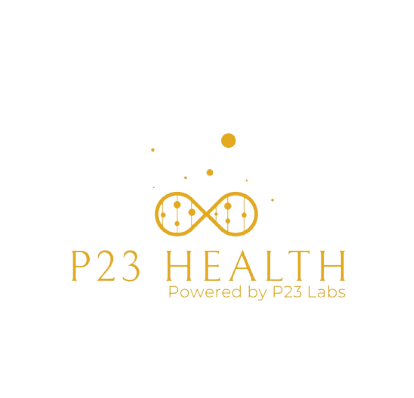
Understanding Respiratory Syncytial Virus (RSV) Infection: Symptoms, Prevention, and Testing
Introduction:
Welcome to the P23 Health blog, your trusted source for all things related to health and wellness. Today, we delve into the topic of Respiratory Syncytial Virus (RSV) Infection, a common viral illness that affects the respiratory tract. At P23 Health, we understand the importance of knowledge and prevention when it comes to safeguarding your health and the health of your loved ones. Let’s explore the ins and outs of RSV infection, including its symptoms, prevention methods, and the role of testing kits in early detection.

Understanding Respiratory Syncytial Virus (RSV) Infection:
RSV is a highly contagious virus that primarily affects the lungs and respiratory system. It is a common cause of respiratory tract infections in infants and young children, although it can affect people of all ages. RSV typically presents with symptoms similar to those of the common cold, such as coughing, sneezing, fever, and congestion. However, in some cases, especially in young children or individuals with weakened immune systems, RSV can lead to more severe complications like pneumonia or bronchiolitis.
Symptoms of RSV Infection:
– Persistent coughing
– Wheezing or difficulty breathing
– Rapid or labored breathing
– Fever
– Runny or stuffy nose
– Decreased appetite
– Irritability, especially in infants and young children

Prevention of RSV Infection:
Prevention is key when it comes to RSV infection, especially for vulnerable populations such as infants, elderly individuals, and those with underlying health conditions. Here are some tips to help reduce the risk of RSV transmission:
– Wash hands frequently with soap and water, especially after coughing or sneezing.
– Avoid close contact with individuals who are sick, especially those exhibiting respiratory symptoms.
– Keep surfaces clean and disinfect frequently touched objects and surfaces.
– Practice good respiratory hygiene by covering your mouth and nose with a tissue or your elbow when coughing or sneezing.
– Avoid crowded places, especially during peak RSV season.
The Role of Testing Kits in Early Detection:
Early detection of RSV infection is crucial for timely intervention and management. At P23 Health, we offer reliable and convenient RSV testing kits that allow you to test for the virus from the comfort of your home. Our testing kits are easy to use and provide accurate results in minutes, enabling you to take appropriate measures to protect yourself and your loved ones. Whether you’re concerned about your child’s health or experiencing symptoms yourself, our testing kits provide peace of mind and help facilitate prompt medical care if needed.
Conclusion:
Respiratory Syncytial Virus (RSV) Infection is a common respiratory illness that can cause significant discomfort and complications, especially in vulnerable populations. By understanding the symptoms, practicing prevention measures, and utilizing testing kits for early detection, you can take proactive steps to safeguard your health and the health of those around you. At P23 Health, we are committed to empowering individuals with the knowledge and tools they need to live healthier lives. Stay informed, stay vigilant, and prioritize your well-being.








